5G is scarcely here and as of now, it’s off to a rough start. On Monday, US carriers Sprint and AT&T reached a settlement after Sprint sued AT&T for showing “5G E” network on some of its smartphones, including iPhones. This is regardless of the fact that its system technology stays unchanged from 4G. As far as its part, AT&T Communications CEO John Donovan protected the company, saying he’s glad that AT&T “broke” the industry’s narrative, whatever that means.
While AT&T’s activities were completely misleading, it’s justifiable why the company wants to get a hop on 5G. 5G is the most recent generation of cellular tech that will interface users to a super-fast mobile network, and it’s about upon us. On April 4, AT&T competitor Verizon launched its 5G network in parts of downtown Chicago and Minneapolis. We were able to experience the network direct in Chicago, yet it wasn’t as fast or as dependable as we expected. let see which company are going to release their 5G mobile.
Apple
Apple is no race to launch a 5G iPhone— don’t anticipate one this year or possibly 2020. Put something aside for abandoning the headphone jack, Apple, as a rule, isn’t the first in on mobile patterns, leaning towards rather perfect an emerging technology before focusing on it.
For instance, it was behind its rivals in making phones with 3G and 4G LTE availability when those networks just launched. Furthermore, Intel company executive said that Intel won’t have 5G modem chips until 2020.
Samsung
Verizon has now started preorders for its Galaxy S10 5G, Priced at $1300 and initially unveiled during Unpacked, it has a 6.7-inch display, four rear cameras and the ability to wirelessly charge different devices. It’s rumored to hit retail locations on May 16. After this launch with Verizon, it will at that point head to AT&T, Sprint and T-Mobile.
But the Galaxy S10 5G won’t be the main 5G phone from Samsung. Its foldable Galaxy fold will have a 5G variant, as well. And AT&T reported it will convey extra Samsung 5G phones by the second half of 2019.
Google hasn’t revealed its plans for 5G, and the company declined to answer to a request to remark. What we do know is that Verizon said its intending to reveal its 5G network in mid-2019, like other carriers.
What does that have to do with Google precisely? For as long as a couple of years, Google has tapped Verizon as its selective carrier partner for its Pixel phones, including the new Pixel 3, However, the company also sells the phone opened or on its Wi-Fi-first network, Google Fi.
LG
At MWC this year, LG revealed the V50 ThinQ 5G. As expected, the phone will be accessible in the US through Sprint.
The V50 will also be Sprint’s first 5G phone yet it will also be made accessible on Verizon’s 5G Ultra Wideband network, T-Mobile and AT&T later in the year.
Lenovo/Motorola
Last August, Lenovo unveiled the Motorola Moto Z3, a phone that has 5G — sort of. It just connects to 5G with a Moto Mod modular embellishment, which connects to the back of the phone using magnetic pins. With the Mod, Motorola says the phone will convey data 10 times faster than other 4G LTE devices. When we tried Verizon’s 5G network with the phone and Mod, Dolcourt noticed “theoretical download speeds kissing 600Mbps.” But different times, “The download would begin solid, the phone would glimmer to show the 4G logo, and speeds would dive.” The Mod is on sale now for $200.
Huawei
Adopting the two most sizzling phone trends of 5G speeds and foldable displays, Huawei reports the Mate X at MWC 2019. The device has a 6.6-inch display when folded closed, and and 8-inch OLED screen when you flip it open. It also includes a 4,500-mAh battery and three rear cameras. The Mate X is booked to launch in the middle of the year and will cost an astounding 2,300 euros.
The phone won’t come to the US, however. Considering it a security risk to the Department of Defense, the US government restricted the sale of Huawei phones on US military bases. Retail giant Best Buy Quit selling them in March 2018 and Huawei’s CFO was captured in Canada at the request of the US in a demonstration her father said was politically motivated. Italy additionally wants to boycott the company from providing 5G equipment.
OnePlus
On May 14, OnePlus introduced its OnePlus 7 series, which incorporates a higher-end model known as the OnePlus 7 Pro. The 7 Pro will have a 5G network, and it might have been the similar phone OnePlus gave a restricted look during MWC 2019.
Back then, OnePlus said the 5G phone will sell on the UK carrier EE’s 5G system, which will traverse 16 cities in 2019, beginning with London, Cardiff, Edinburgh, Belfast, Birmingham, and Manchester. However, OnePlus is holding four concurrent launch events for the OnePlus 7, which incorporates US and China locations.
Nokia
Though Nokia isn’t the phone giant that it was 15 years prior, it’s as yet taking steps toward a 5G future. In July, the brand reported a $3.5 billion partnership with T-mobile, which incorporates taking advantage of T-mobile 6000MHZ spectrum to back its 5G network. 5G phones from this partnership are expected in 2019.
Nokia also stands to profit from 5G in different ways. In addition to Qualcomm and Ericsson, the company has patent rights to 5G technology and stands to make up to $3.50 for each 5G smartphone sold.
HTC
Taiwanese electronics company HTC also had something 5G-identified to show off at MWC. Rather than a phone though, it was a 5G hotspot. Accessible on Sprint, the hub associates up to 20 people at the same time. Outfitted with a 5-inch display, audio speakers and Android Pie software, the device is also a media hub that users can make video calls with or use to check the mail.
ZTE
One of ZTE’s most recent phone is the Axon 10 Pro 5G. It’s equipped with a Snapdragon 855 processor and has a fingerprint scanner inserted in its screen. On the back are three cameras that have AI capabilities, including scene acknowledge. The rear setup incorporates a wide-angle camera, a standard focal point, and a third telephoto camera. For your selfie shots, the front of the phone has a 20-megapixel camera.
In February ZTE state that it was expecting to have 5G phones off the ground in either late 2018 or early 2019, yet followed that up with a “late 2019” forecast. At present, ZTE is working with eight universal carriers to take off 5G testing. While the future of ZTE in the US is up in the air due to a recent restriction on its phones in the light of the fact that the company violated trade sanctions, the Axon 10 Pro will, at any rate, be accessible in the first half of this year in Europe and China.
Xiaomi
Chinese phone-maker Xiaomi remixed its MI MIX 3 with a new 5G model. Suitably named Mi Mix 3 5G, the phone costs 599 euros and will launch in May. It’s far-fetched that the phone will be accessible in the US. The company’s underlying 5G network partners incorporate many European carriers, including Orange, Sunrise, Telefonica, Three, TIM and Vodafone.
The phone itself features 6.39-inch AMOLED display, a Snapdragon 845 processor and dual 12-megapixel rear cameras. Calling it “nearly the perfect phone,” we also mentioned that it’s neither water resistant nor do its front-facing cameras have secure 3D face unlocking.
Also Read: Samsung Galaxy S10 5G variant can be announced at MWC 2019
Oppo
Showing off a prototype at MWC, OnePlus’ sister company Oppo said it intends to release a 5G phone this year. The device will contain a Snapdragon 855 chipset, and it will be founded on the Oppo Find X phone. When it was released a year ago, we believe the Find X to be one of the best phones of 2018. It features a unique pop-up camera, beautiful design, and fast charging.
Though it’s probably not to come to the US, the 5G version is planned for release sometime between April and June. Oppo is working with four carriers Swisscom, Australia’s Telstra and Optus, just a Singtel in Singapore to launch the phone. It’s also banding with China Mobile to sell the phone later this summer.
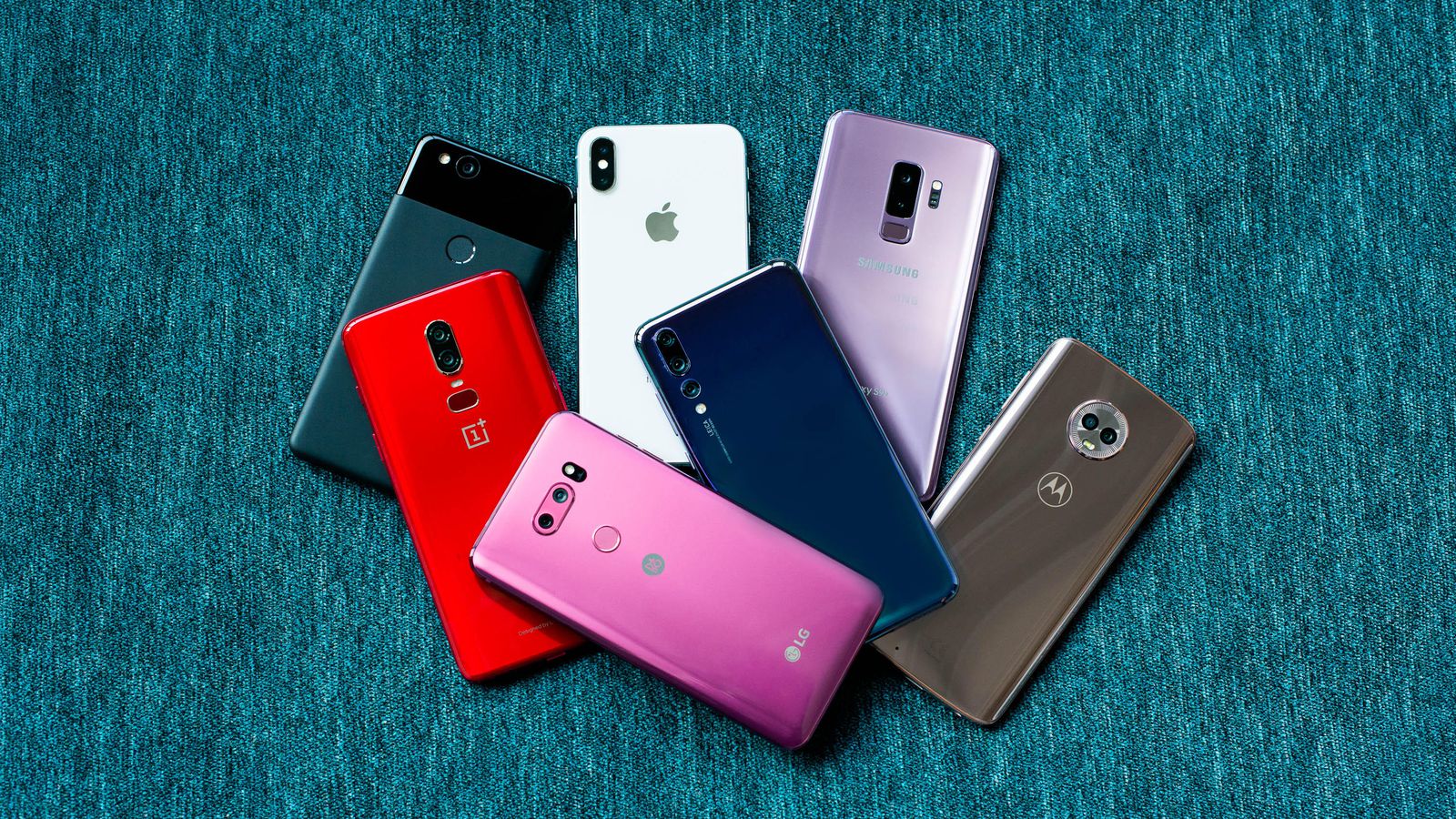
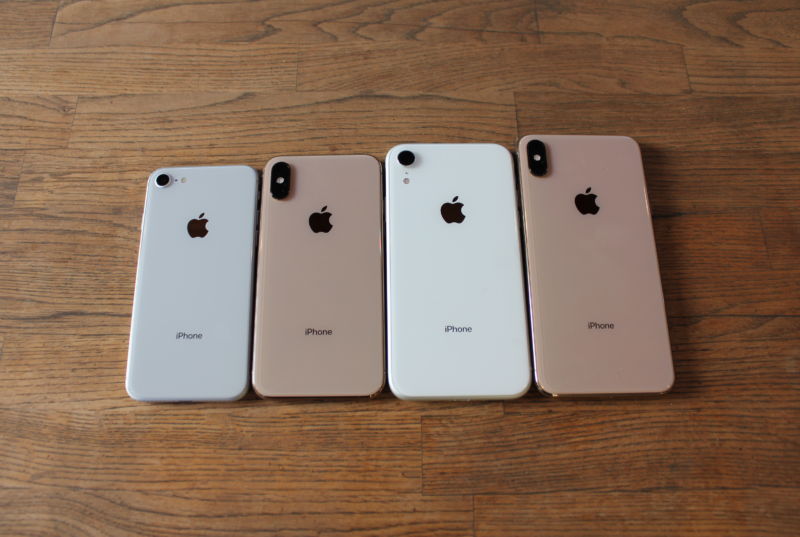
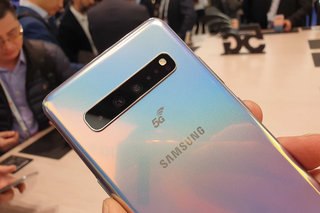
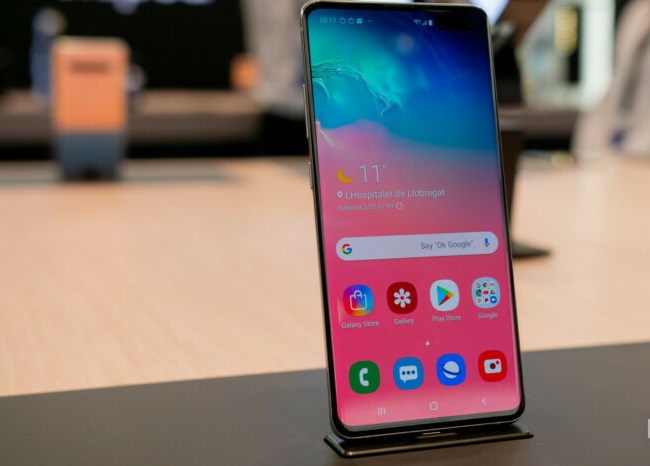
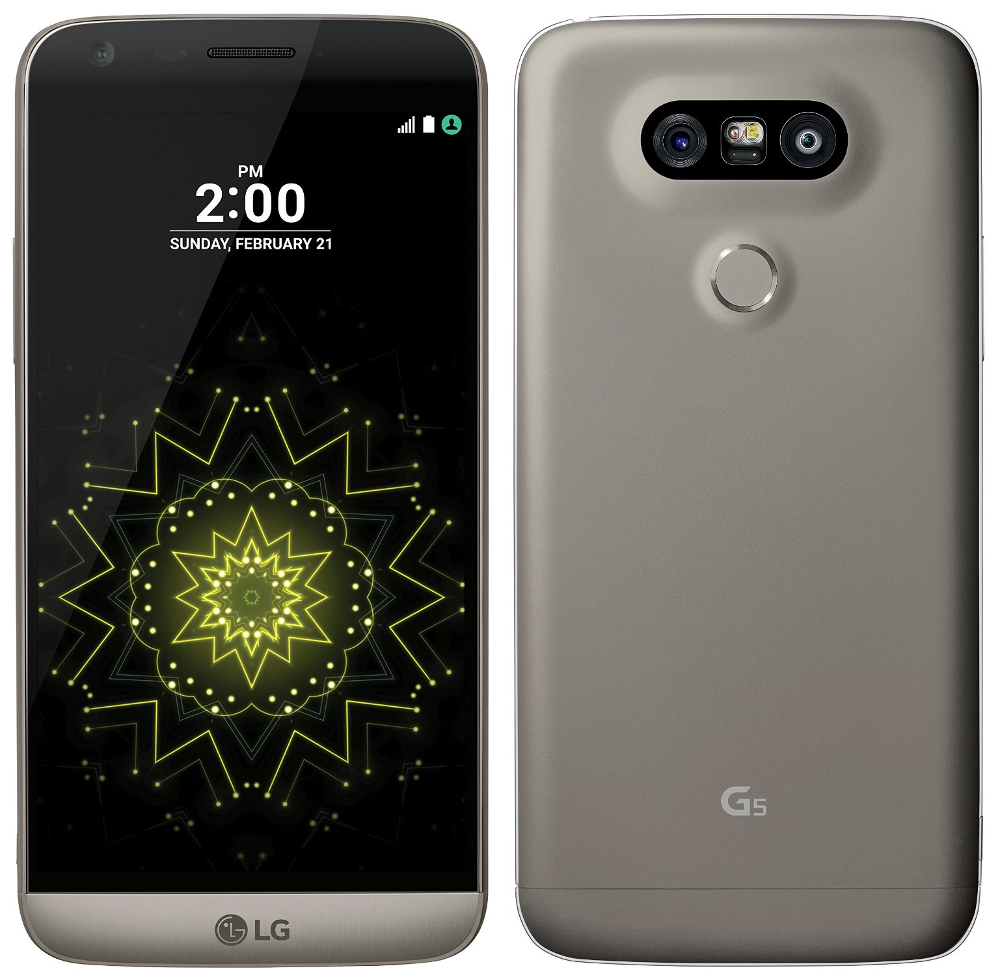
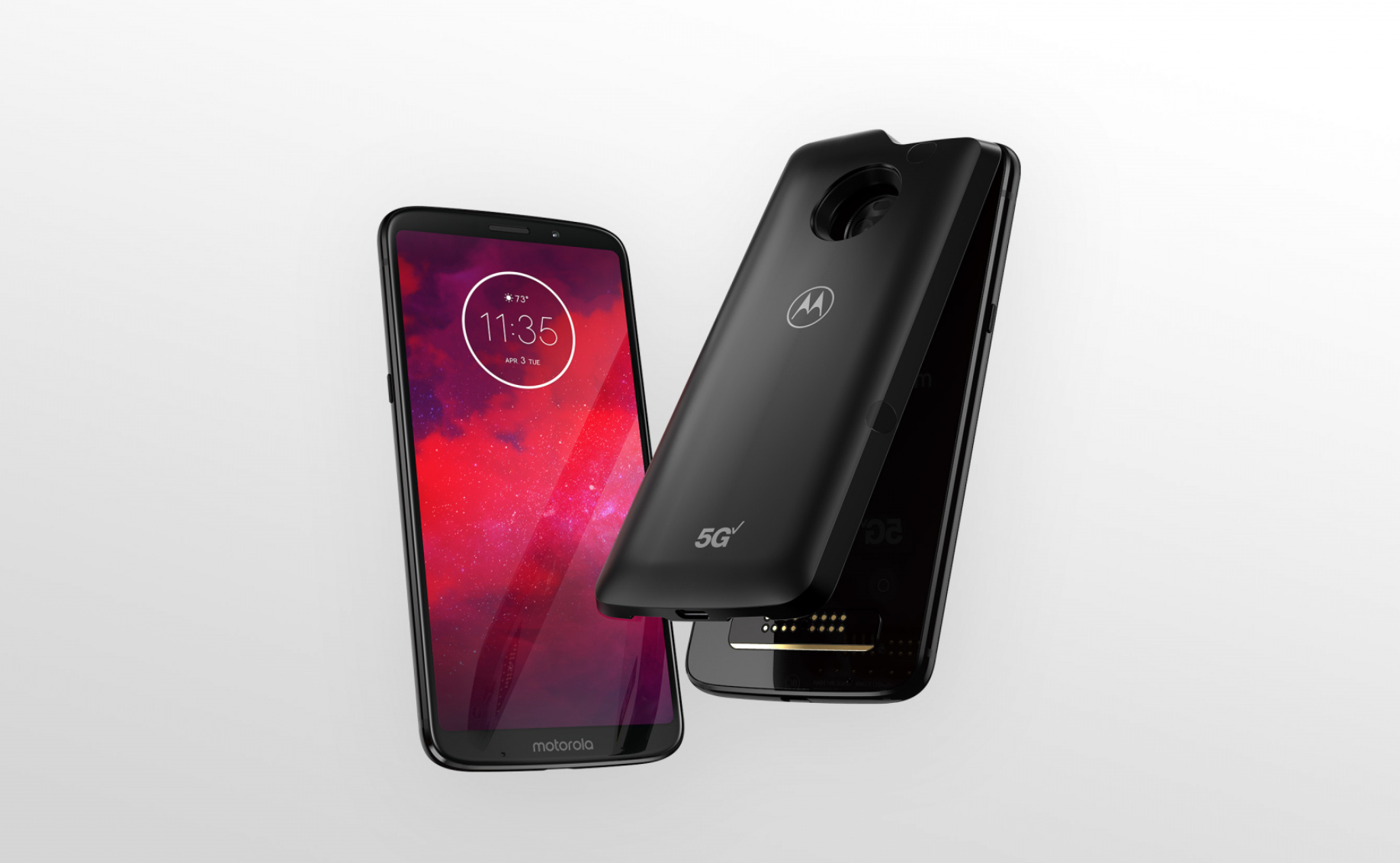
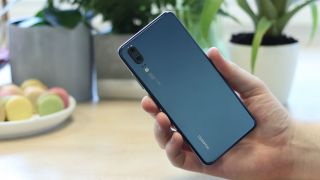


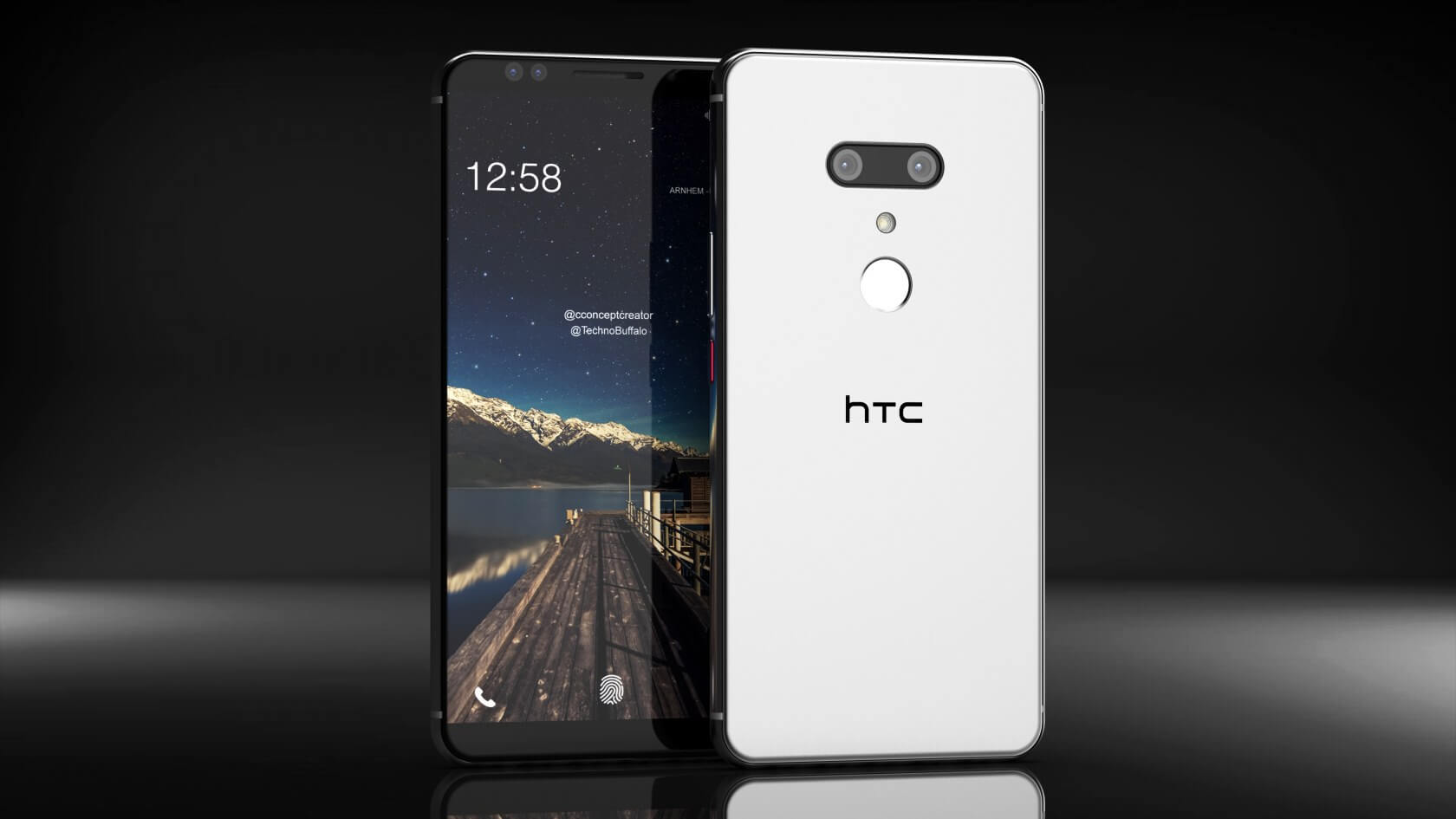
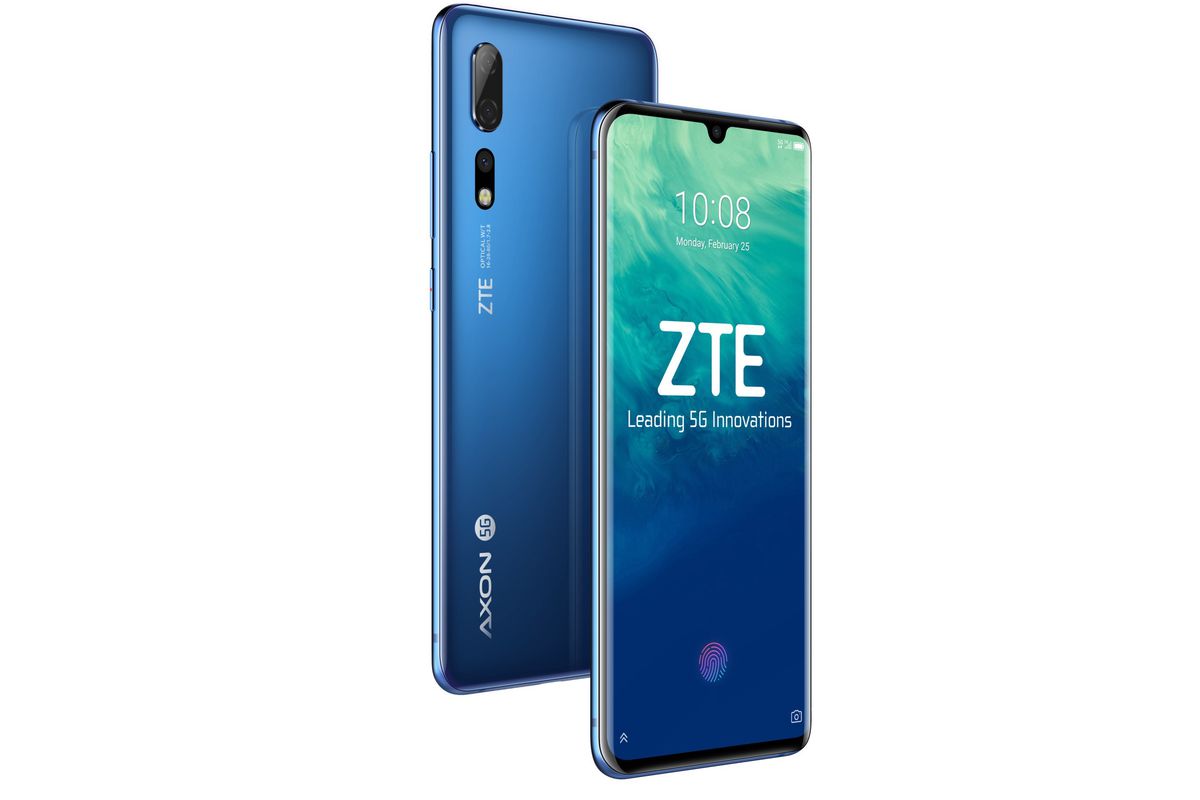

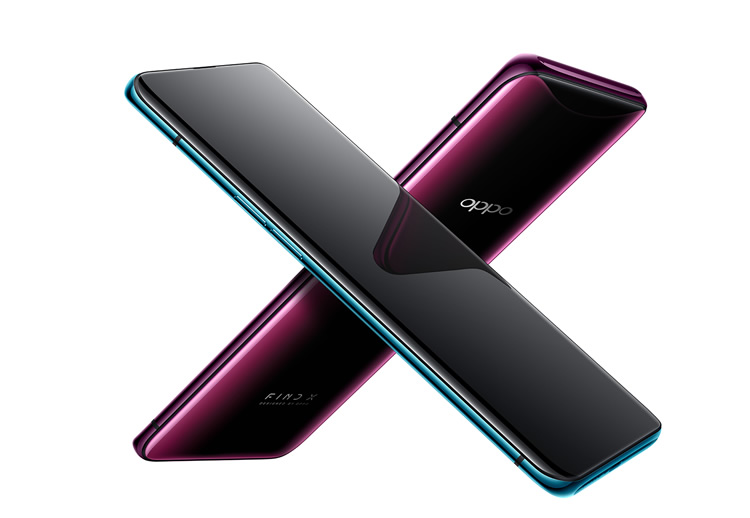
Leave a Reply